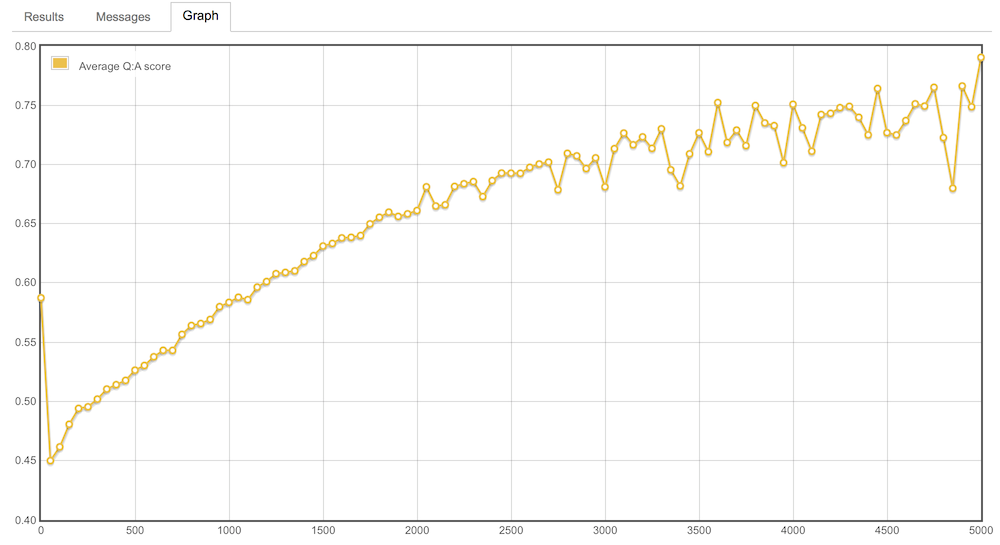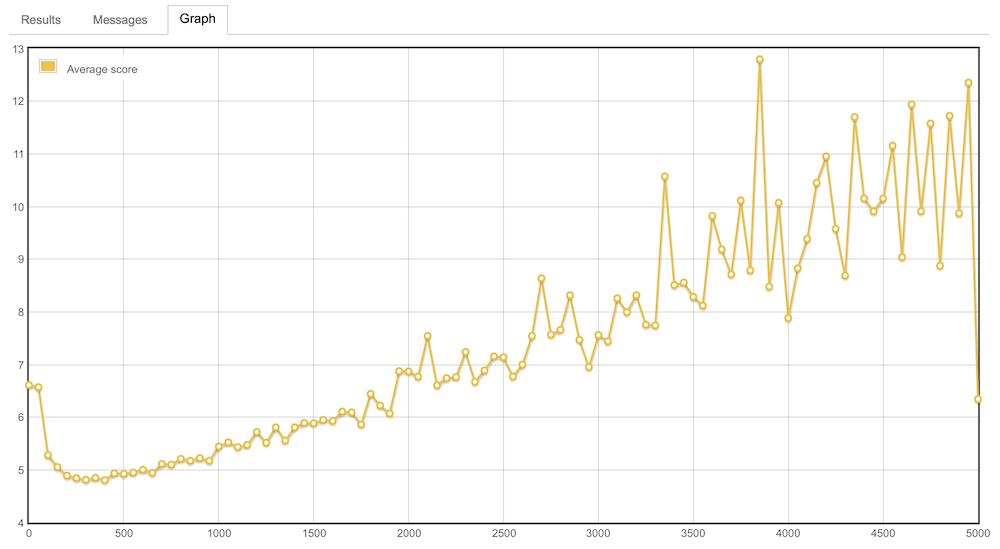I noticed that on highly voted questions, some questions have half as many upvotes as their accepted answers, while others have just as many. The ratio is usually 1:1 or 1:2 (in favor of the answer) - but rarely something like 2:3.
I then noticed that the way I upvote is I usually first read the question, then the answer, then finally upvote. If both are short (like 1-2 paragraphs) then it's an easy 2 clicks with little mouse movement and I upvote both. But if the answer is a page long and the question is outside of the page, I will need to scroll up to upvote the question, then I'm much less likely to do it just because it's not ergonomic.
I'm wondering if I'm just imagining this or if there really is a correlation between answer length and upvote ratio - in particular a sharp drop-off at the answer-length that would make the question be outside of the screen by the time you've read the answer.

